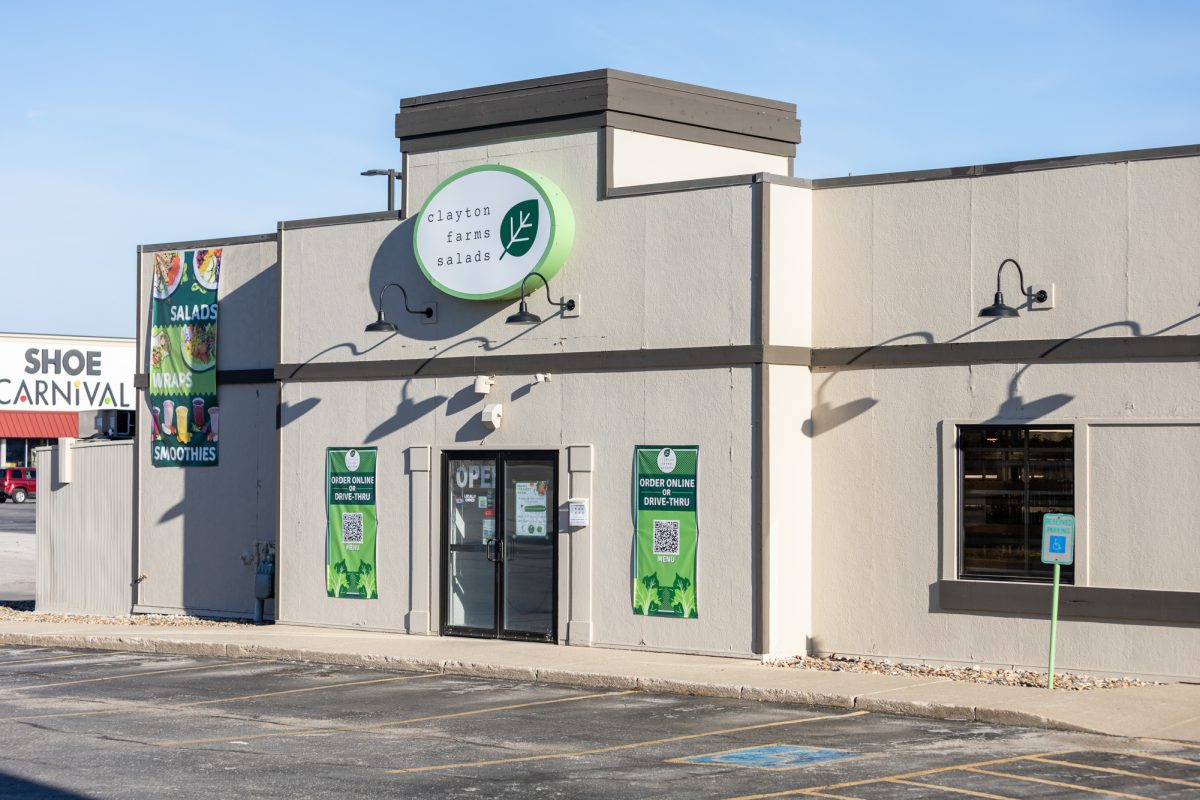VIEWPOINTS: Health care should be for the security of all
March 23, 2010
The headline on March 22 was, “Congress gave final approval to legislation that would provide medical coverage to tens of millions of Americans and remake the U.S. Health Care system along the lines proposed by President Obama.” By a vote of 219 to 212 — with not a single Republican voting in favor — the House Democrats approved a Senate version of the legislation that’s been debated for months. The Senate still has to pass it — which is considered likely — this week.
The legislation will require most Americans to have health insurance, add as many as 16 million new patients to Medicaid eligibility (this is the current program for low income Americans).
The legislation will also subsidize private health insurance for low and middle-income Americans.
The new legislation will require most employers to offer health insurance to their employees.
States will be required to set up a health insurance marketplace (exchange) where folks without insurance can shop around for the best price.
Republicans said the plan would add to the national debt, force the states to enact federally mandated rules on health care and weaken Medicare.
You may say, “I have heath insurance. Why should I care about a broken health care system?”
Take the case of Miami-Dade’s Jackson Memorial Health Care Systems in Florida, which I had the chance to study.
This facility is a community hospital with a client base of largely lower income people. Many of their patients are folks with no insurance (charity cases) or those who are billed but eventually default and never actually pay their bills.
Jackson made a series of terrible management decisions. They expanded to add several branch clinics. They calculated their revenue stream much higher than was realistic or justified by adding as anticipated revenue the clients whom they knew would never pay their bills.
Their whole business model was apparently unsustainable because the poor and uninsured are simply a cost with no prospects of revenue and no chance for the hospital to stay in the black.
They hired expensive outside consultants and paid millions for services they should have been covering in-house, there may even be criminal activity by some of the management team. There was clearly lax and ineffective oversight by the board that is supposed to keep the facility honest and efficient.
So I will ask again what do you care if you live in Miami but have insurance and can go to your hospital and clinic? Or why should you care if you are a student at the University of Miami, which is affiliated with Jackson?
The answer is that as Jackson goes into crisis or even goes under many folks will be deeply affected.
First of all, the facility is not paying their contractors therefore reducing their cash deficit. Apparently they have not paid many of the suppliers and contractors because the system balanced its books by deferring payments.
One plumbing contractor interviewed by the Miami Herald is going bankrupt and will lay off many of his employees because he has not been paid.
The same is true of many others doing business with Jackson. If you work for or own one of these businesses you are deeply affected.
Second, as Jackson goes under its poor and uninsured clients will go to emergency rooms in other hospitals since ERs cannot turn away emergency room patients. This will then shift all the non-paying clients to the solvent and well-managed hospitals. That in turn will add serious overcrowding and shift the costs of unpaid services to the paying clients and those with insurance. In other words the middle class and the rich will suddenly be “taxed” indirectly by the shifting of costs of treating the poor to them.
That’s just the same as if their insurance premiums went up or their taxes were raised suddenly to pay for the healthcare of the uncovered.
Third, as hospitals like Jackson go into crisis they may need to turn away and not treat patients who can’t pay. These folks may just walk away and not get any treatments. This is a clear and present danger to the community, an urgent risk to the general health security of everyone. Many low-income workers in the food services, and even in the healthcare industry continue to work rather than get treatment. Do you want a food handler at your local restaurant, your teacher, the custodial staff where you study or work, the clerk at the supermarket or someone in childcare continue working while sick?
The same crisis that is devastating Jackson Memorial has hit community hospitals in California and other parts of the United States without much media coverage. This is shocking because if Americans are confused about the healthcare debate it would be educational and informative for them to consider the direct impact on his our her quality of medical services if the system surrounding it is breaking apart.
I don’t know if the suggested health care reform will solve problems like Jackson Memorials crisis. I do know that Democrats, Republicans, Independents, Liberals, Conservatives and everyone else has a big stake in fixing the problems with our health insurance and health delivery system.
It is not just for the sake of the poor and uninsured but also for the health security of all of us.
Steffen Schmidt is a professor of political science and chief political correspondent for www.insideriowa.com





